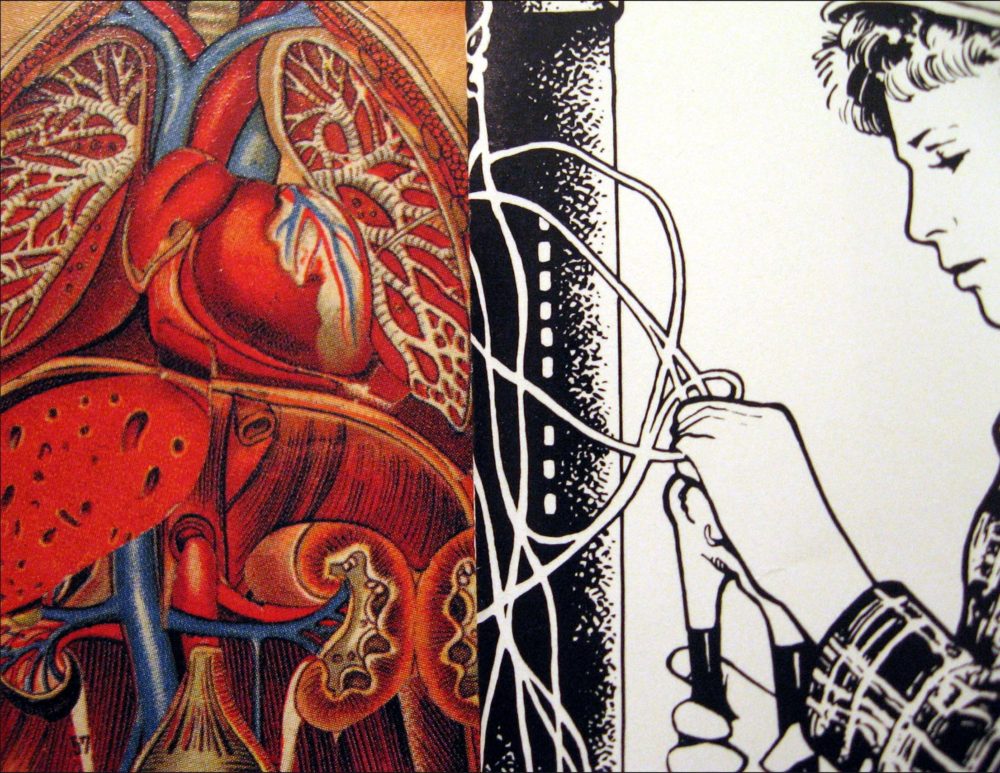
In 2019, Nicola Naismith published the report ‘Artists Practising Well’, which explores the support that artists working in health care settings are currently able to access. In the foreword, Phillipa Reive (Director, Creative Campus at Britten Pears Arts, formerly Snape Maltings) says: ‘we must step up to ensure artists are cared for by those around them, and that artists should place high on their agenda caring for themselves’ and ‘the work is only as good as the people delivering it’. I couldn’t agree more with these two statements.
Performing Medicine works with 20 freelance Associate Artists with years of experience working in healthcare and social care settings. They bring different skills and expertise to deliver creative training programmes for healthcare professionals, drawing on ideas and techniques from the performing and visual arts.
From working with a wide range of healthcare professionals we know that working in healthcare is physically, emotionally and mentally demanding. A few years ago, in collaboration with Guy’s and St Thomas’ Trust (GSTT), Performing Medicine developed the Circle of Care, a framework that helps us to think about, practice and demonstrate high-quality compassionate care. Circle of Care re-envisions compassionate healthcare by describing a multi-directional flow of care between healthcare professionals and their colleagues, patients and carers. The model also positions ‘self-care’ – the way healthcare professionals care for themselves – as fundamental to achieving effective healthcare.
Care is high on our agenda at Performing Medicine – taking care of yourself and others is fundamental to everything we do. In our work with healthcare professionals, we focus on how they can look after themselves and each other – through practical exercises and lateral-learning techniques, we nurture the flexibility, adaptability and responsiveness required to thrive within demanding healthcare environments. We are also committed personally, as individuals and as an organisation, to modelling the ideas and skills in the Circle of Care framework and demonstrate this and strive to develop and practice the skills it identifies as central to good care.
In this current moment – during the COVID-19 pandemic – it is even more vital to ensure that we are embodying Circle of Care when supporting the artists that we work with. Many artists have lost work, and are having to find new ways to earn a living and spend their time. There is increasing conversation about the roles of artists and freelancers in this crisis; the artists we are working with are keen to use their skills in new ways, and many are doing so already. This is part of a bigger cultural picture that has become interested in ‘social prescribing’ of arts and culture, and dialogue happening about the ways the arts can contribute to conversations about care, health and wellbeing. It feels like a useful time to share some of the practical ways we approach supporting our Associate Artists, drawing on our work over the last 15 years.
Here are some of the essential ways that we support, value and care for our Associate Artists, in order to protect their own wellbeing while delivering the best quality work:
Carly Annable-Coop, Programme Manager at Performing Medicine